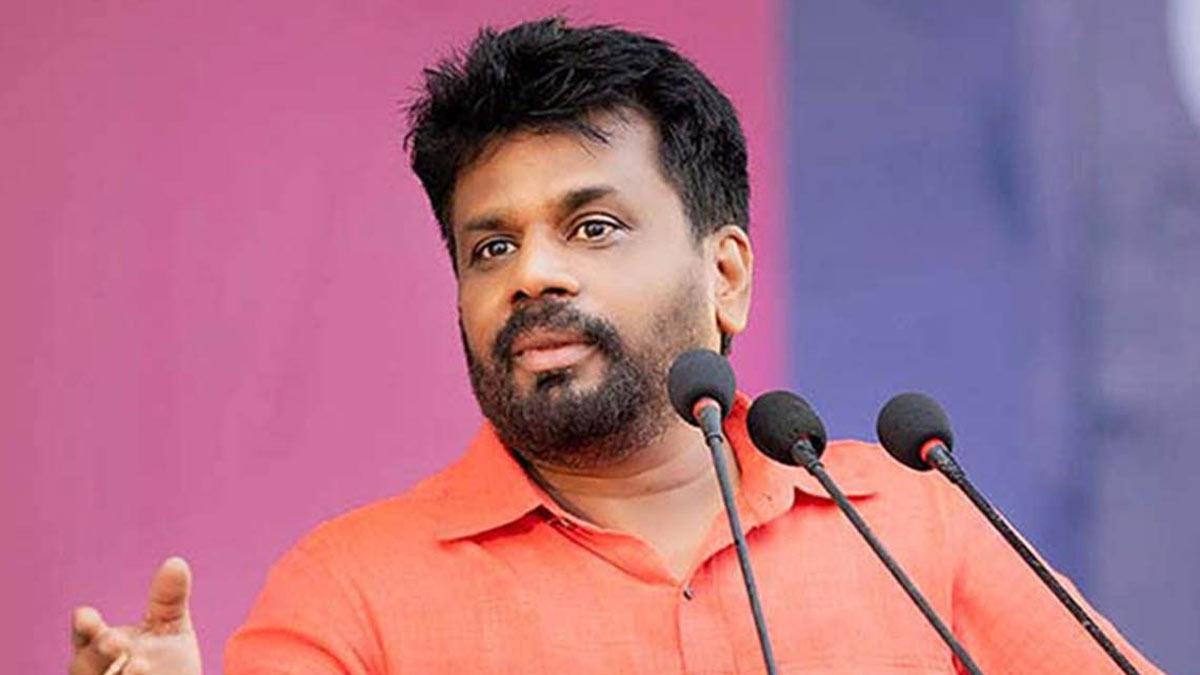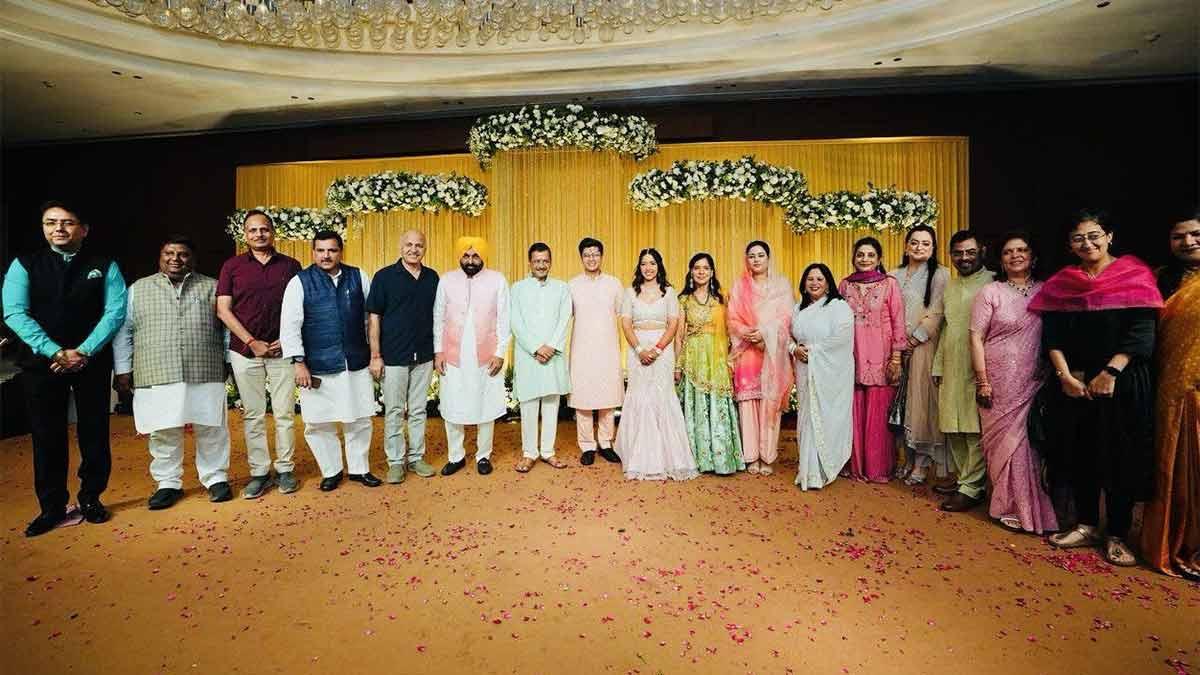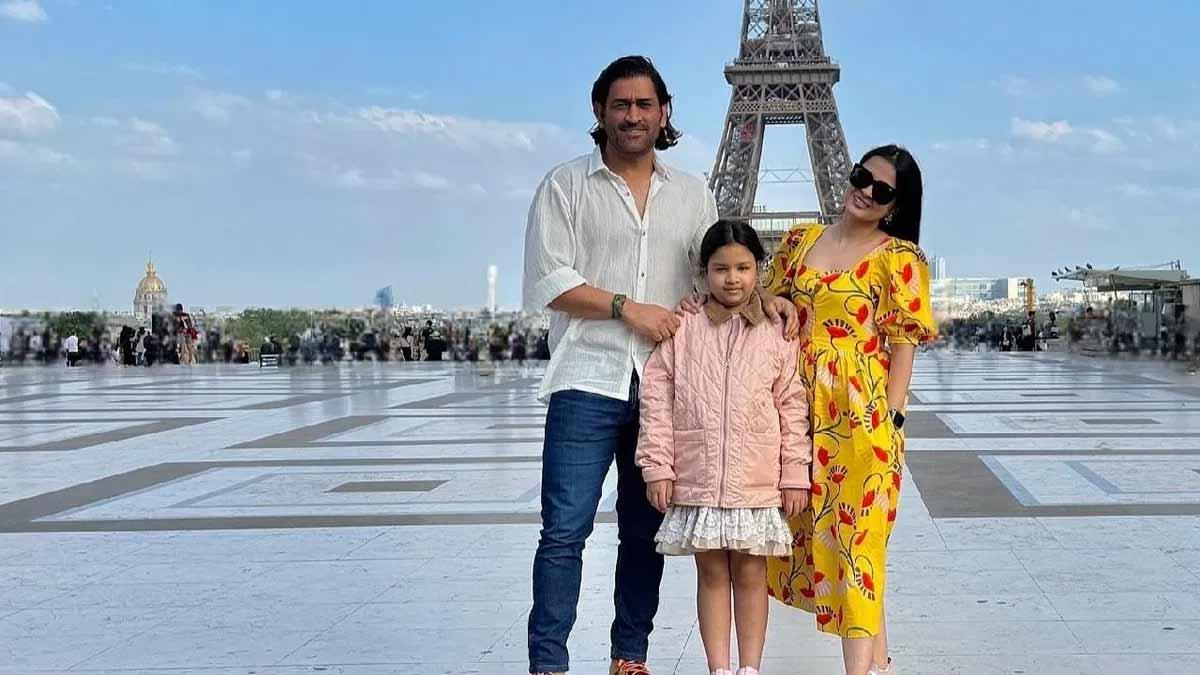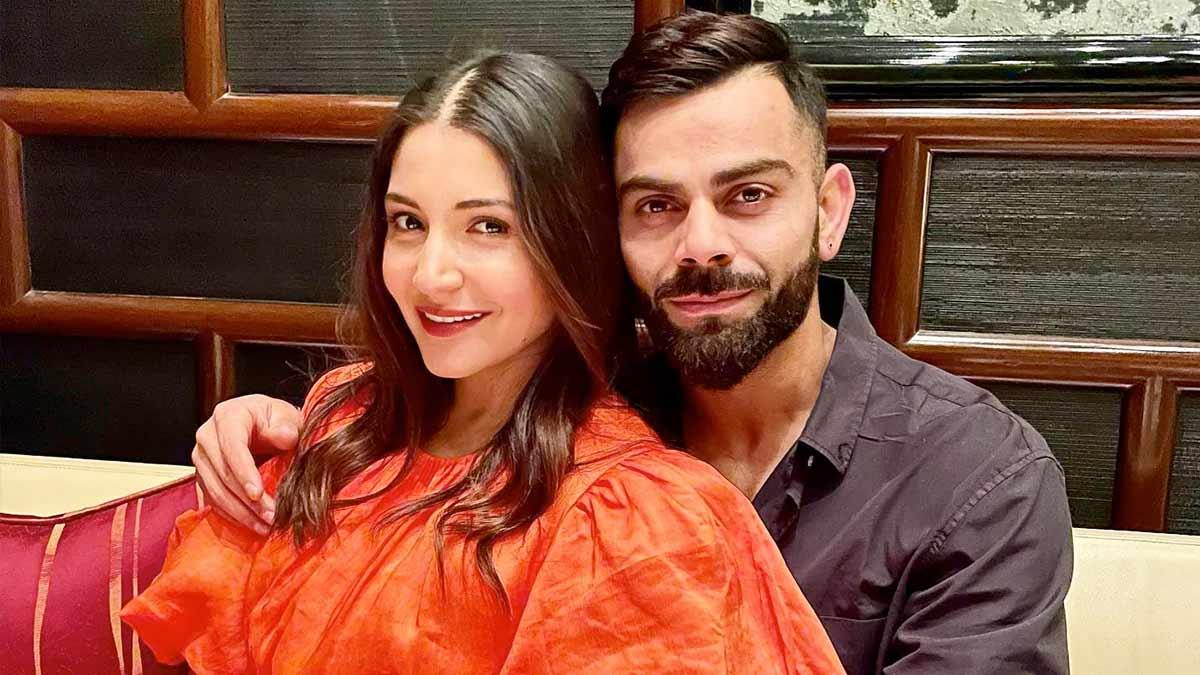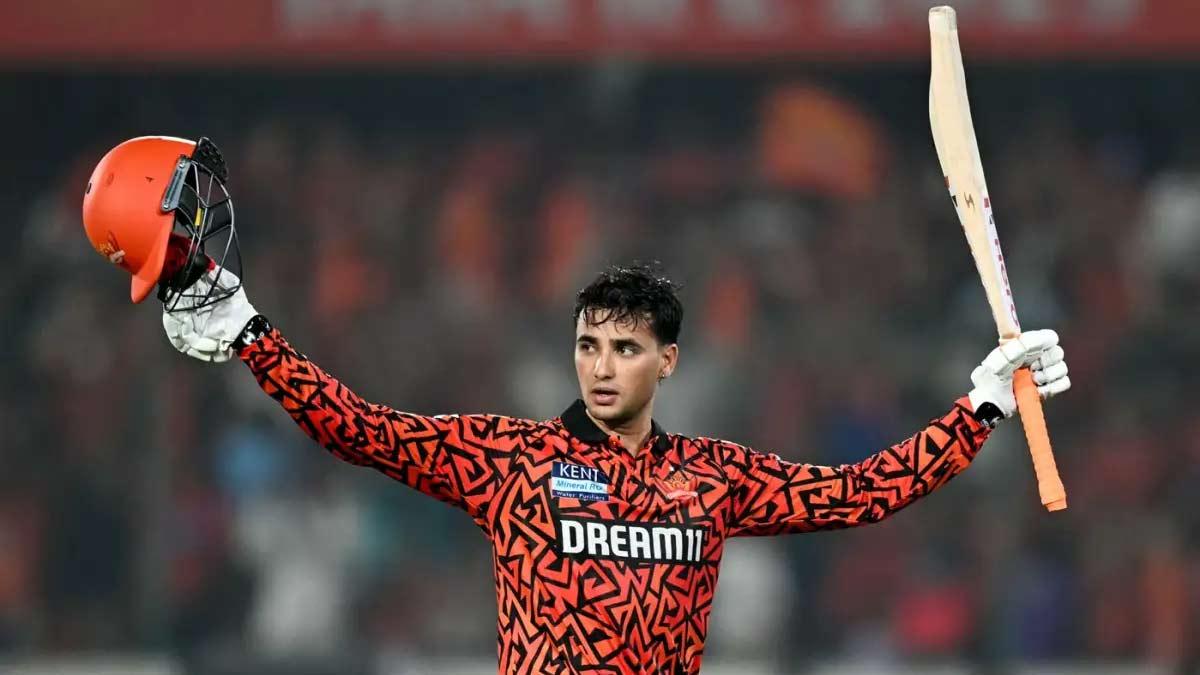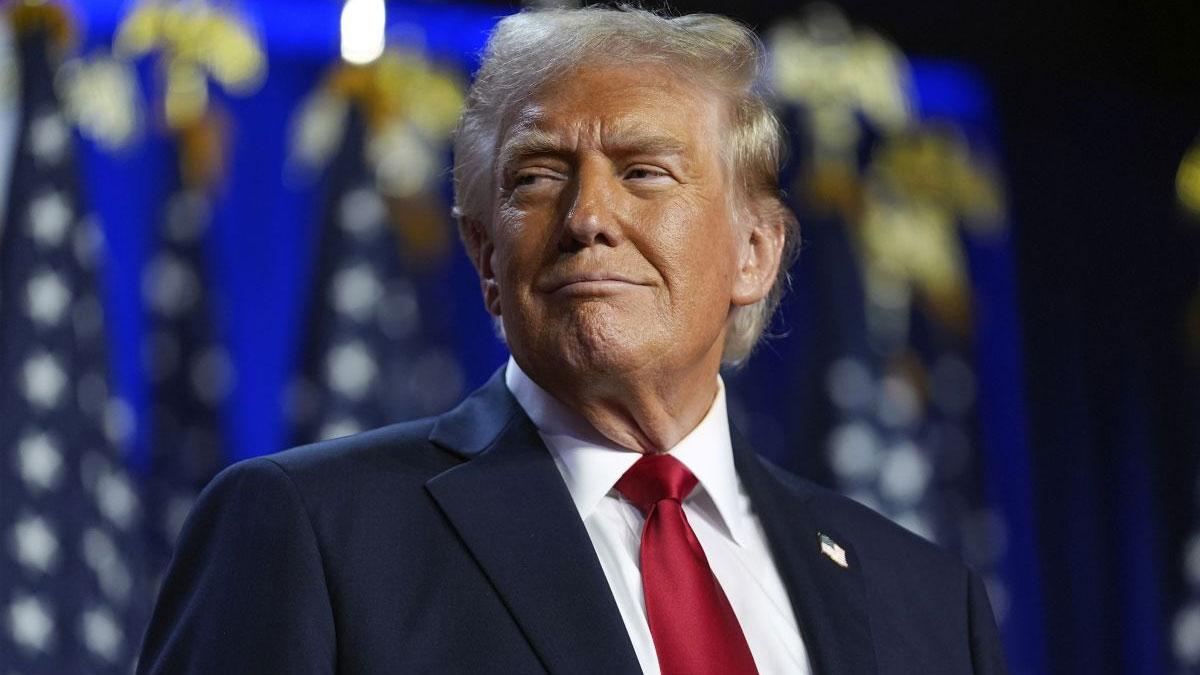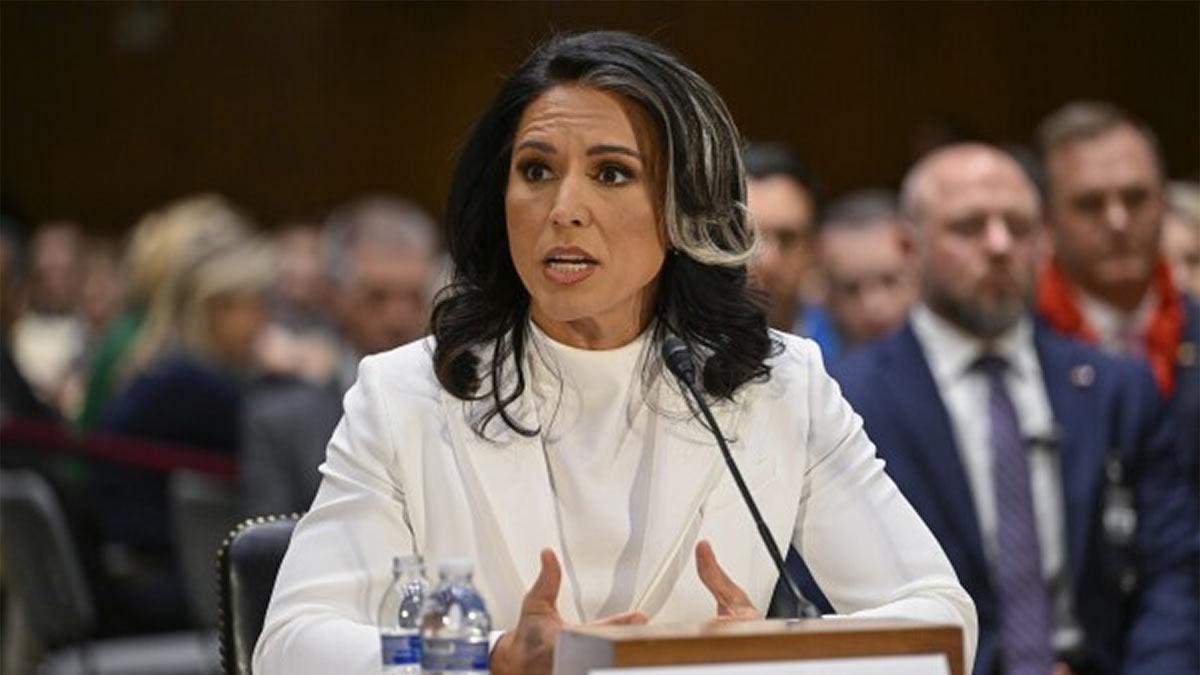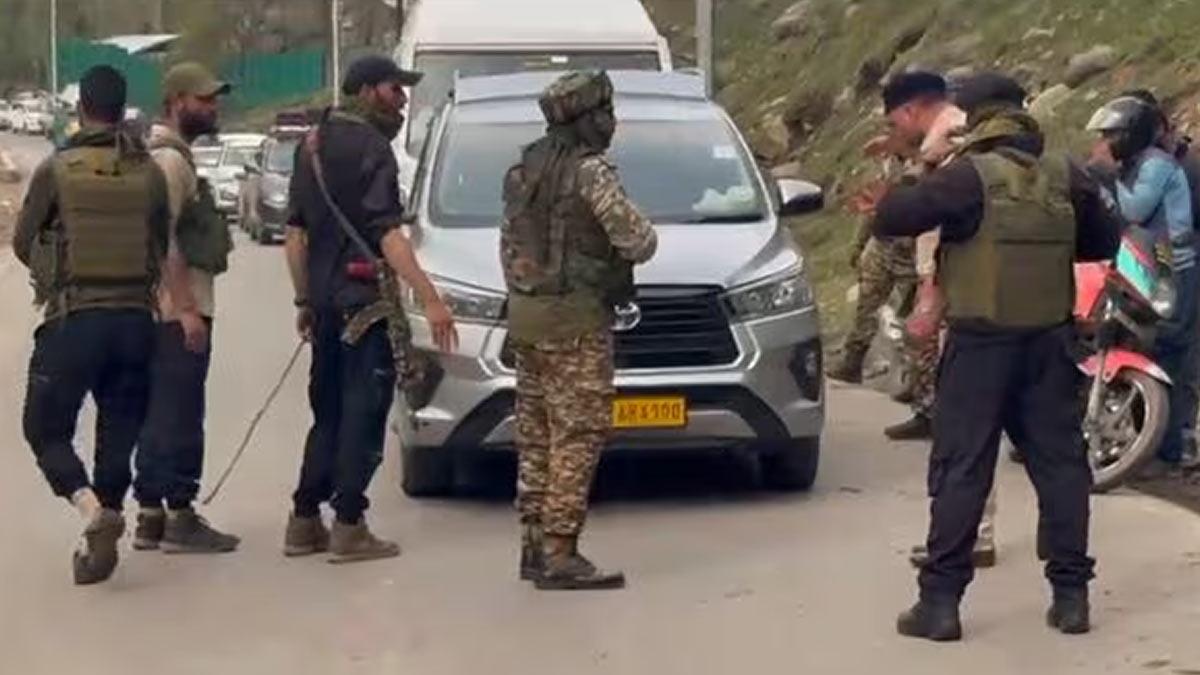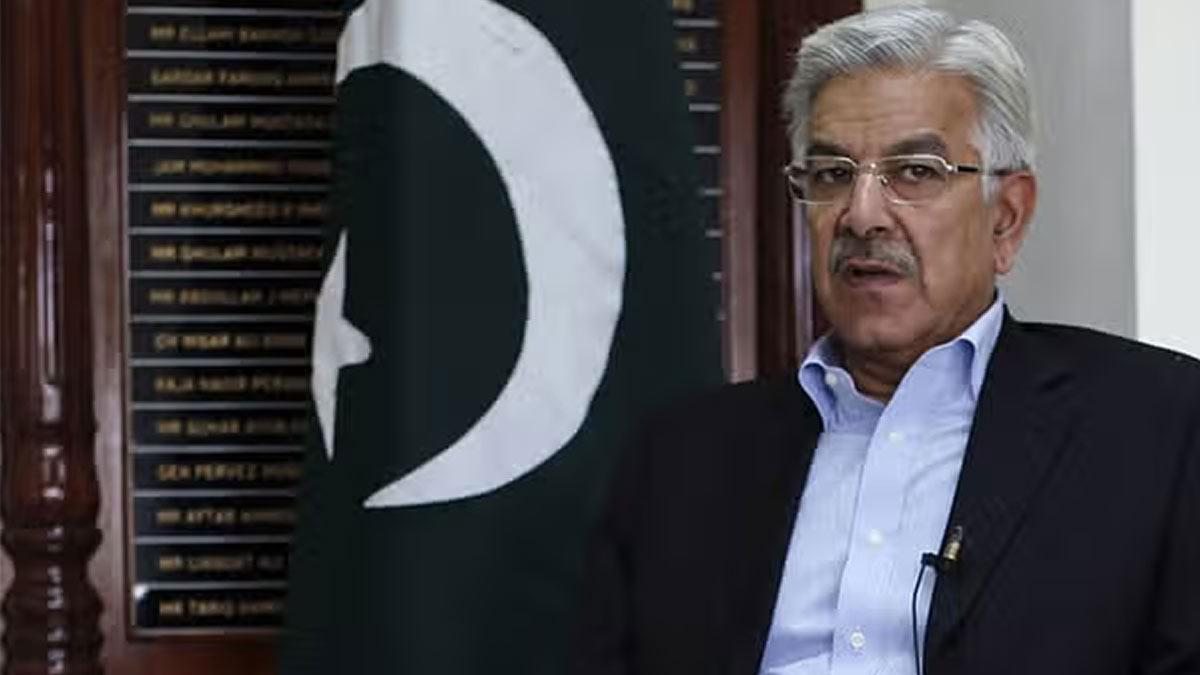Sri Lanka's National People's Power (NPP), headed by President Anura Kumara Dissanayake with a two-thirds majority in the current parliamentary elections, made it through Friday, according to election commission results. The NPP ran under the Malimawa "compass" symbol and bagged 159 of the 225 seats in parliament, according to the official election commission website.
The election had witnessed the lowest turnout of votes after eight years since 2010. Forty seats made it the second-best party to come from afar behind Sajith Premadasa's Samagi Jana Balawegaya.
A rare victory for the political party has been gained by the NPP, taking Northern Jaffna as its own. For the first time this district has gone to a mainstream political party, one that has dominated Tamil nationalism throughout much of its history. The Jaffna district, the cultural capital of the Tamil minority group, was never won before by a Sinhala majority party. The NPP, the predominantly Sinhala majority party from southern Sri Lanka, surprised everyone by taking the whole district of Jaffna, something that had never happened before. In the final count, NPP received more than 80,000 votes and, therefore, surpassed the traditional Tamil party by more than 63,000 votes.
This will be a victory that resonates well with the pre-election statements of President Dissanayake, in which he declared his party was gaining acceptance as a truly national entity among all communities. "The era of dividing and setting one community against the other has ended as people are embracing the NPP", NPP leader Dissanayake remarked.
Traditionally, the NPP's predecessor, the Janatha Vimukthi Peramuna (JVP), had long opposed any projects at power-sharing, an important precondition of the Tamil community during the LTTE's armed separatist campaign. The Tamils had considered the JVP to be an accomplice of the Sinhala majority.
The NPP polled more than 6.8 million, which constituted 61 percent of the votes counted, giving it an emphatic head start over its rivals.
The Samagi Jana Balawegaya, led by Sajith Premadasa, was a close second with 40 seats in the vote, which itself had the lowest turnout since 2010.
The elections occurred in a period of economic instability following a currency collapse spurred by aggressive macro-economic policies that involved interest rate cuts, liquidity measures, and tax cuts. The biggest argument against the IMF-backed program was the imposition of high personal incomes taxes that fell most on middle-class earners. The NPP expects to bargain for lower tax through future negotiations with the IMF.
The elections were advanced, held in advance schedule after President Dissanayake dissolved parliament shortly after he assumed office in September. The new parliament is likely to meet next week.
Read also| Trump to Resume Strong Ties with India, Says Former Official
Read also| Trump Appoints Robert F. Kennedy Jr. as US Secretary of Health and Human Services

